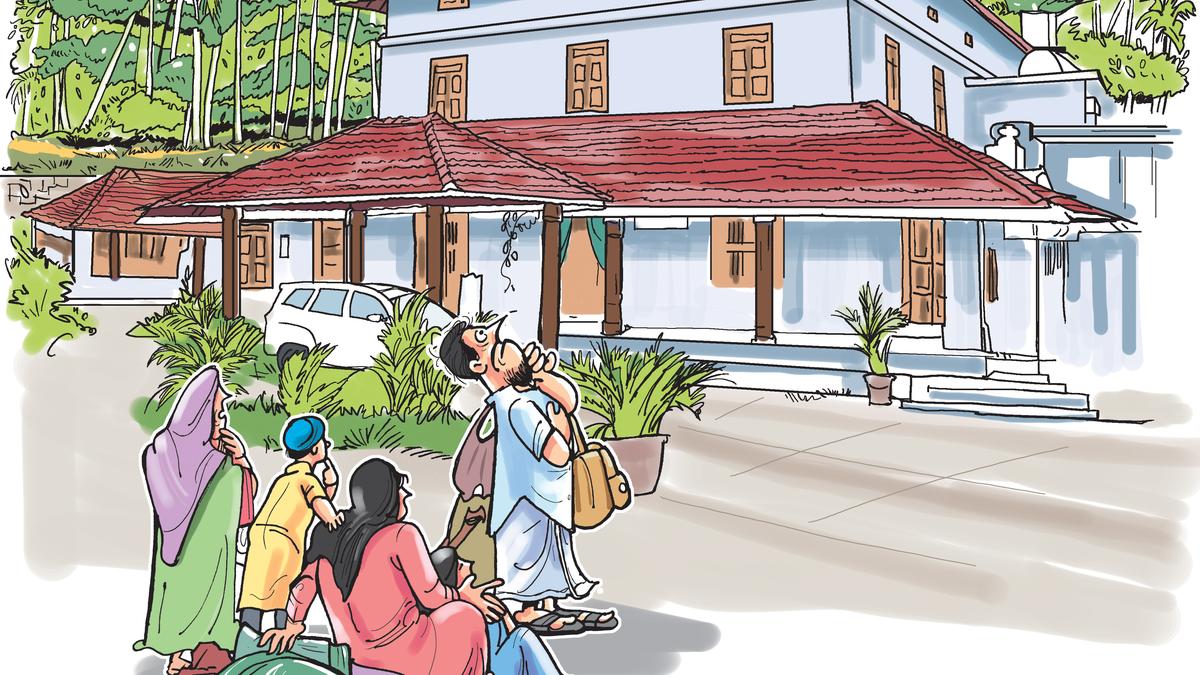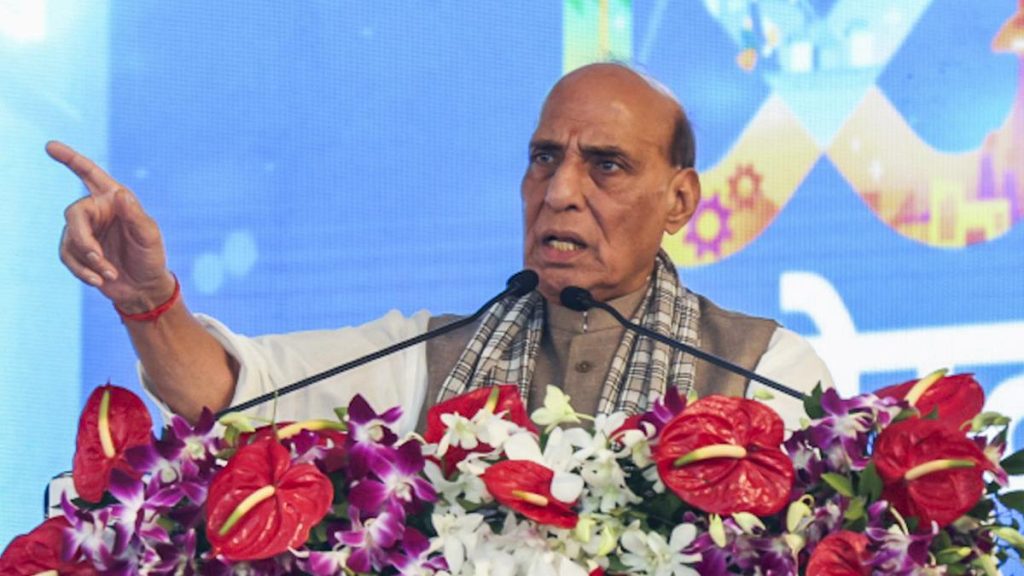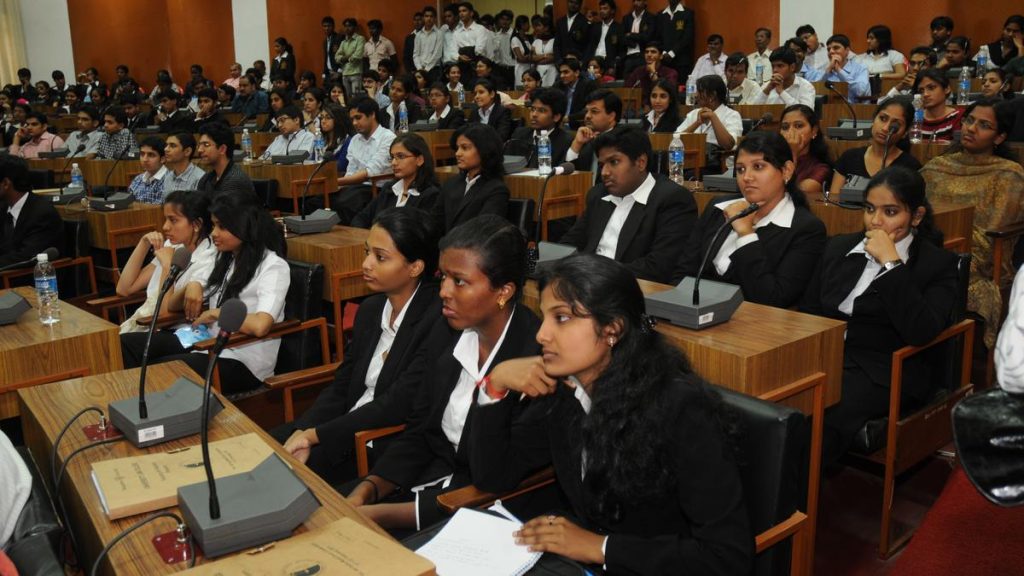Now Reading: Social Exclusion Fuels Silent Human Rights Violations
-
01
Social Exclusion Fuels Silent Human Rights Violations
Social Exclusion Fuels Silent Human Rights Violations

swift Summary
- Incident Details: Riyas Azeez, an expatriate from Wayanad, faced social ostracism reportedly due to his decision to quit the Naqshbandi Thareeqath religious group. His mother and family severed ties with him, and he was barred from grieving his father’s death.
- Complaints Filed: Victims like Azeez’s wife Lubna and sister-in-law Shibila have approached authorities against the alleged social discrimination imposed by the group. Other individuals reported similar cases tied to leaving the community or interfaith marriages.
- naqshbandi Thareeqath Allegations: Excommunication practices include barring access to marriage registration, burials, madrasa education, and denying mahal membership. Leaders of the Naqshbandi group deny these allegations as baseless.
- Broader Issue: Social ostracism within some segments of Kerala’s Muslim society has been escalated in cases such as Changanassery’s Ossan community being denied mahal membership for over two centuries based on occupation history or interreligious marriages leading to bans.
- Legal Interventions and Challenges:
– The Kerala State Human Rights Commission has initiated investigations into alleged violations by groups like Naqshbandi Thareeqath.
– The Kerala Waqf Board issued directives prohibiting practices of excommunication within mahal committees tied to registered waqfs.Legal remedies are available but often inaccessible due to economic or social pressures on victims.
Indian Opinion Analysis
The allegations of social ostracism linked with certain religious affiliations raise critical concerns about human rights and inclusivity in India’s spiritual communities. While conventional practices may evolve over centuries within local contexts, their intersection with contemporary notions of civil rights presents challenges that require legal redress rather than relying solely on informal resolutions.
These incidents underscore how systemic discrimination-whether based on caste-like hierarchies (e.g., Ossan community) or religious defiance (as evident in excommunication cases)-can stymie societal progress toward equality. Efforts by institutions like the Kerala State waqf Board highlight a promising intervention pathway but also reveal limitations when jurisdiction overlaps remain unclear.
Although theological doctrines may vary across communities nationwide, India’s constitutional guarantees demand equitable treatment irrespective of faith-based codes that infringe individual dignity. Cases involving legal battles against powerful organizations indicate both resilience among affected families and complex confrontations ahead between progressive reforms versus preserving orthodox norms.
For further information read more.























